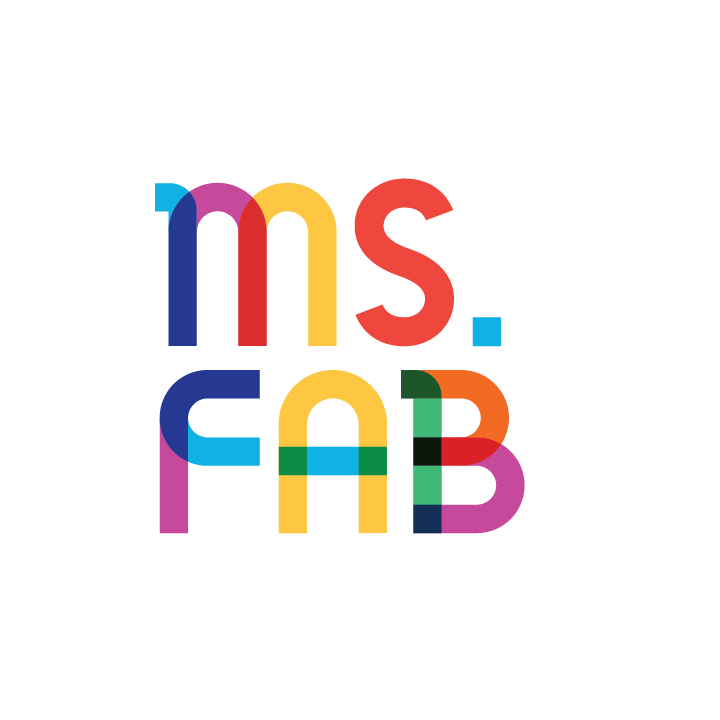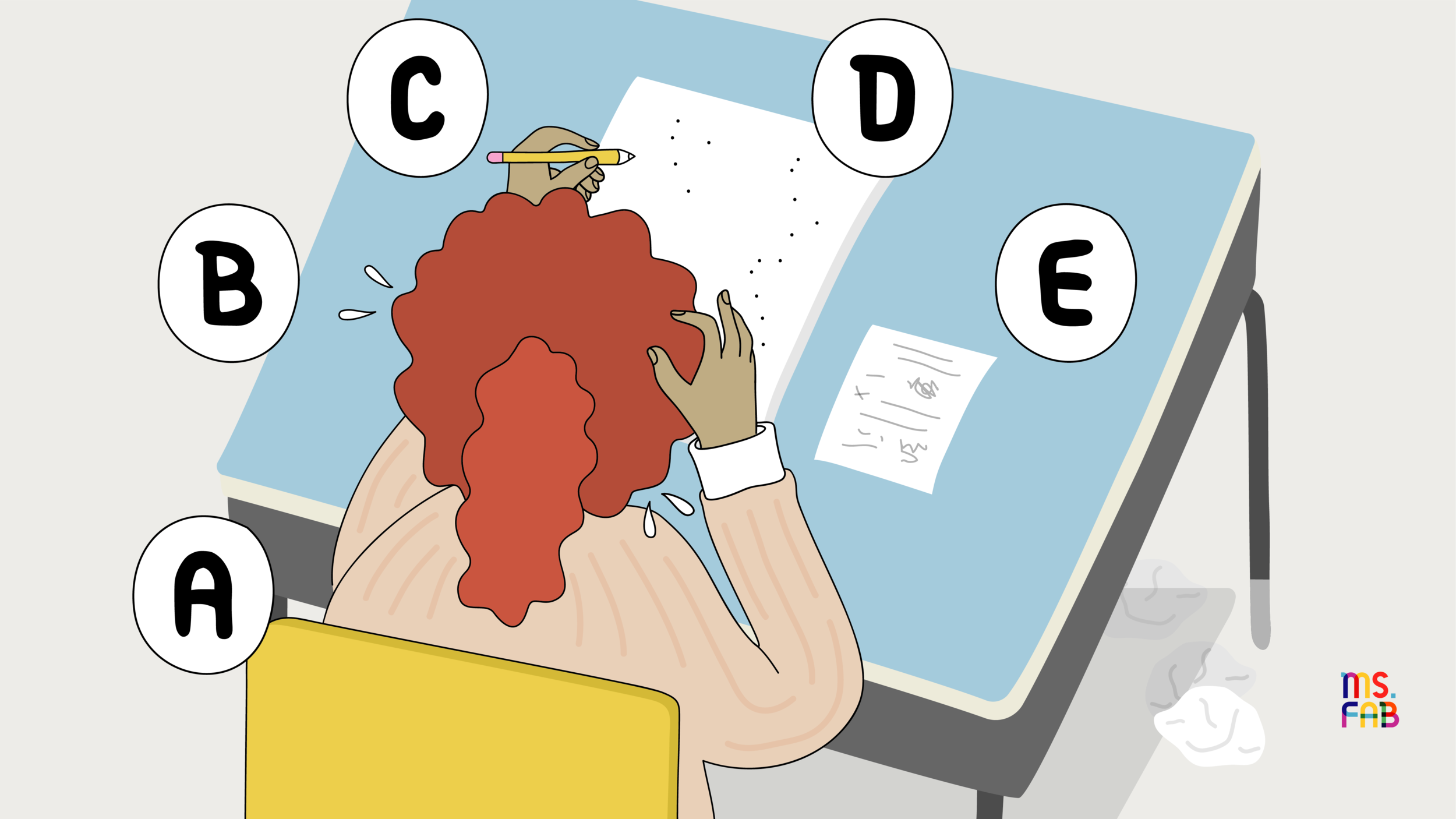Rethinking Assessment
About 100 years ago, we started using standardized tests to measure “intelligence” and “learned skills” like math.
To this day, they’re useful for getting a baseline measurement of kids' academic knowledge and capabilities. For decades, standardized tests gave kids and parents some useful information.
But things started to change around the late 1960s. These tests began to transform into a basis for giving rewards and punishments.
Fast forward to today…everything now rides on these tests.
Kids are held back, enter gifted programs, earn scholarships, and get into college, all based on their scores. Teachers lose their jobs and schools lose funding depending on how students perform on these tests.
Tests are no longer just assessments.
They’ve become the whole point of education.
Schools have fallen victim to Campbell's Law, which says that measurements destroy learning when they’re set up as a goal.
This has caused our education system to break down in four ways:
Poor Learning Environments
Kids learn best when they follow their interests and passions, but teachers today can’t give kids this freedom. They might not test on grade level!
Kids now spend much of the year in test prep instead of engaging in authentic learning experiences.
Compromised Health
Test anxiety is real. As a teacher, I saw countless kids bite their nails to the quick and double over from stomach pain.
Test anxiety not only affects performance, but it also reduces kids’ interest in learning and preference for challenging tasks.
Scores ≠ Real World Success
High scores may provide some insight into academic talent, but most of all, they tell us how good kids are at taking tests.
This skill doesn’t transfer well to the real world…
Our world rewards those who know how to learn, build, and problem solve.
Corrupt Institutions
Kids, parents, teachers, schools, districts, and even states have been caught falsifying results.
What’s even worse, some schools end up forcing out “weak” students to raise their average scores. In sum, tests create bad incentives when set up as goals.
Tests make for good general assessments, but bad goals.
This is how standardized testing damages education. We shouldn’t focus so much on test scores. Instead, we should focus on preparing kids to contribute to society.
But is there any way, besides tests, to track that objective?
At the end of the day, I think the answer is “not right now.” Lots of smart people are working on this problem. No one has landed on an ideal solution quite yet.
But one idea from Balaji Srinivasan has me thinking: Crypto credentials.
Crypto credentials would use blockchains to:
publish tasks with specifications
track the quality of submissions
grant rewards & certifications (e.g. NFTs) for finished work.
Anyone could list a task for nearly anything, from coding to writing, engineering, and design. Kids could show their knowledge by earning rewards on the blockchain. We’d know they can contribute to society because they have a proven history of contributing.
As Balaji says, we'd have "outcome-based education focused on real economic results rather than test scores.”
Balaji is experimenting with crypto credentials on his website 1729.com., but the idea is still under development.
However, let’s take a moment to use our imaginations and consider a possible future.
How might crypto credentials change education for the better?
Improved Learning Environments
Kids would have the freedom to explore any topic they like.
Their intelligence and knowledge wouldn’t be defined by their score on a standardized test.
Kids could prove their knowledge and skill with any task they want on the blockchain.
Healthier Learning Conditions
Kids would no longer experience the stress of “make it or break it” tests.
They could try out as many tasks as they wanted, as many times as they wanted.
Kids could learn from trial and error without the fear of failure.
Work Connected to Life
The work kids would use to prove their knowledge and skill would be real work.
They couldn’t get by with head knowledge and rote memorization.
They’d have to know how to apply themselves to solve complex problems and make real-world decisions.
Stronger Institutions
Crypto credentials would be harder to manipulate. On-chain data is open, unchangeable, and fully auditable.
Educators wouldn't be able to fake it.
Either their students are doing valuable work on the blockchain or they aren't.
These factors make me bullish on crypto credentials.
Just imagine: a world with an internet-native education system, where we prove what we know by what we can do, and where we get rewarded for the value we add. What an amazing concept!
But many questions are still outstanding:
are crypto credentials technically feasible at scale?
what might be some unforeseen consequences?
I’d love to hear your thoughts and ideas around this!
I explore ideas like this in Fab Fridays, my newsletter on childhood education with a twist + new ways to learn.
Subscribe below!

